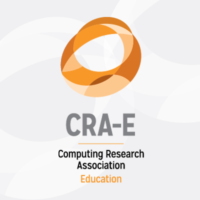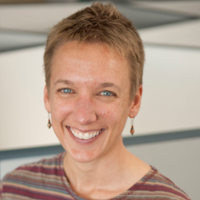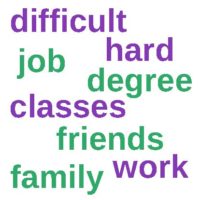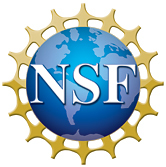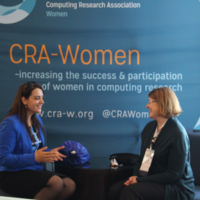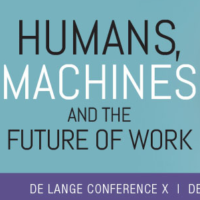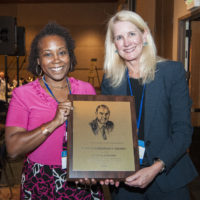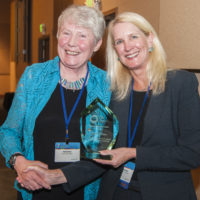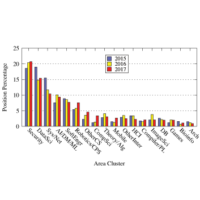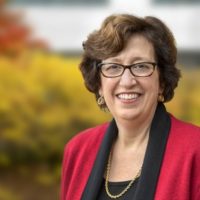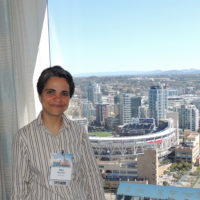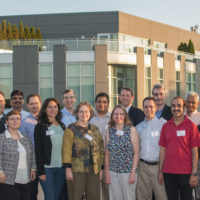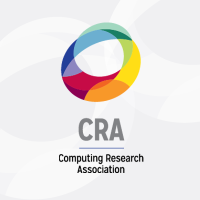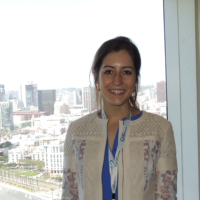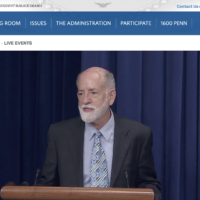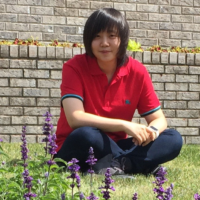On Monday, November 14, CRA’s Center for Evaluating the Research Pipeline (CERP) distributed its annual Data Buddies surveys to more than 110 participating “buddy” computing departments.
Buddy departments send the survey to students affiliated with computing (e.g., majors; minors; students enrolled in CS courses; graduate students), and in return they receive a customized report on their students’ responses. The survey measures students’ experiences in computing (e.g., sense of belonging), aspirations for the future (e.g., intentions to pursue a Ph.D.), and participation in computing activities (e.g., formal research experiences).
CERP uses data buddies data to conduct evaluation as well as social science research on diversity issues in computing.
Is your department a buddy? If not, help the computing community by volunteering your department to become a Data Buddy today! Visit CERP’s website to learn more, view our list of buddies, and sign up: http:/cra.org/cra/cerp/data-buddies/.
